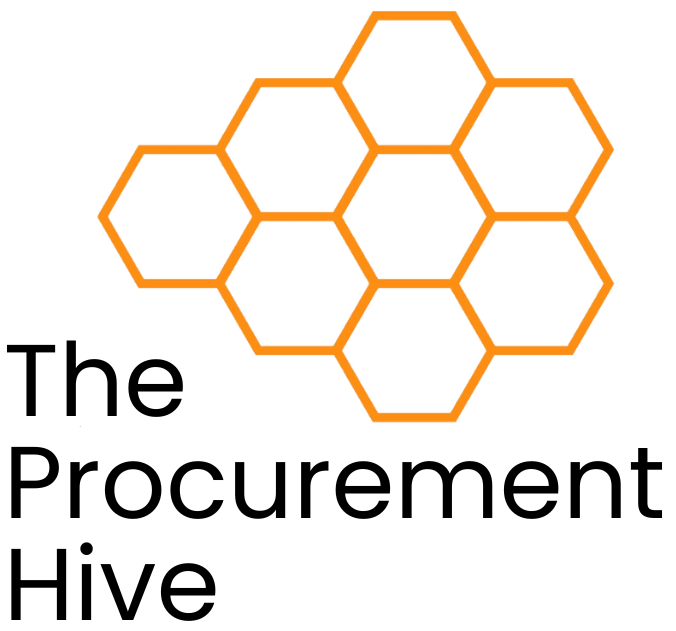Introduction:
When you and your company are choosing a procurement consultancy to support you, it’s vital to consider several factors to ensure you select the most suitable partner for your needs. Here are the key criteria companies typically evaluate:
Expertise and Experience:
- Industry Experience: Consultancies with experience in the company’s specific industry are often preferred as they understand the unique challenges and requirements.
- Technical Expertise: The consultancy should possess deep knowledge and skills in procurement processes, technology, and strategies.
Reputation and Track Record:
- Client Testimonials and References: Positive feedback from past clients and case studies demonstrating successful projects are crucial.
- Market Reputation: The consultancy’s standing and reputation in the market play a significant role.
Service Offering:
- Comprehensive Services: Companies look for consultancies offering a wide range of services including strategic sourcing, supplier management, risk management, and procurement transformation.
- Customised Solutions: The ability to provide tailored solutions to meet specific business needs.
Cost and Value:
- Pricing Model: Transparent and competitive pricing structures are important.
- Return on Investment (ROI): The potential for cost savings, efficiency gains, and other value additions.
Technology and Innovation:
- Procurement Technology: Expertise in the latest procurement technologies and tools.
- Innovation Capability: The consultancy’s ability to bring innovative solutions and approaches to procurement challenges.
Cultural Fit and Collaboration:
- Alignment with Company Culture: The consultancy should understand and align with the company’s culture and values.
- Collaborative Approach: A willingness to work closely and collaboratively with the company’s internal teams.
Global Reach and Local Presence:
- Geographic Coverage: For multinational companies, the consultancy’s global reach and ability to operate in multiple regions are important.
- Local Expertise: Local market knowledge and presence can be crucial for region-specific procurement needs.
Flexibility and Scalability:
- Adaptability: The consultancy should be flexible in its approach and capable of scaling its services as per the company’s evolving needs.
Sustainability and Ethics:
- Sustainable Practices: Commitment to sustainability and ethical procurement practices is increasingly important.
- Compliance and Risk Management: Ability to ensure compliance with regulations and manage procurement risks effectively.
Communication and Reporting:
- Clear Communication: Effective and transparent communication channels.
- Regular Reporting: Providing detailed and regular reports on procurement activities and performance.
Conclusion:
By carefully evaluating these factors, companies can select a procurement consultancy that aligns with their strategic objectives, offers the right expertise, and delivers measurable value.


